Laser Anal Fistula Surgery in Kankarbagh, Patna – Safe & Painless
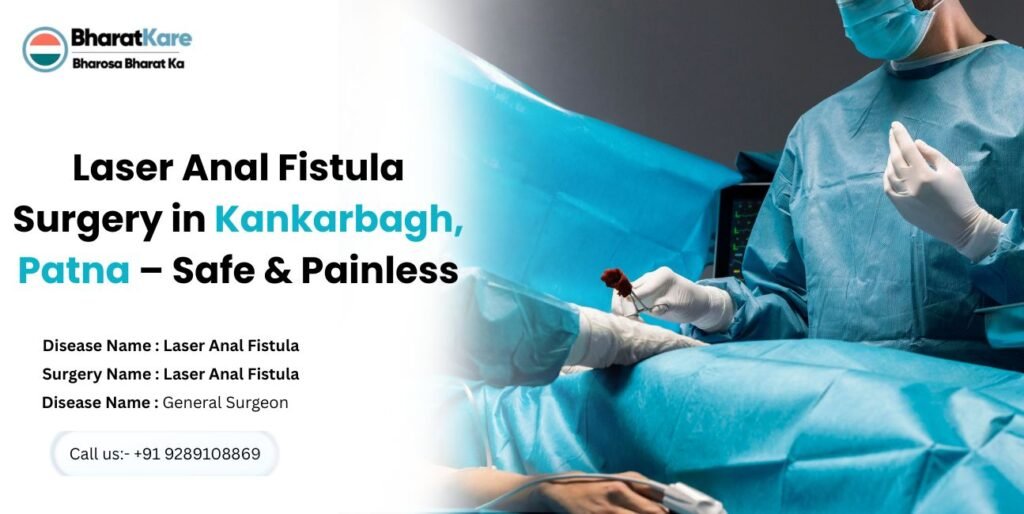
Blog Home Laser Anal Fistula Surgery in Kankarbagh, Patna – Safe & Painless Are you tired of the persistent discomfort, embarrassing discharge, and the nagging fear that comes with a recurring anal fistula? If you are living in Bihar’s bustling capital, you probably know that Kankarbagh is a healthcare hub. But finding the right Anal […]
Modern Circumcision Surgery in Bodakdev, Ahmedabad
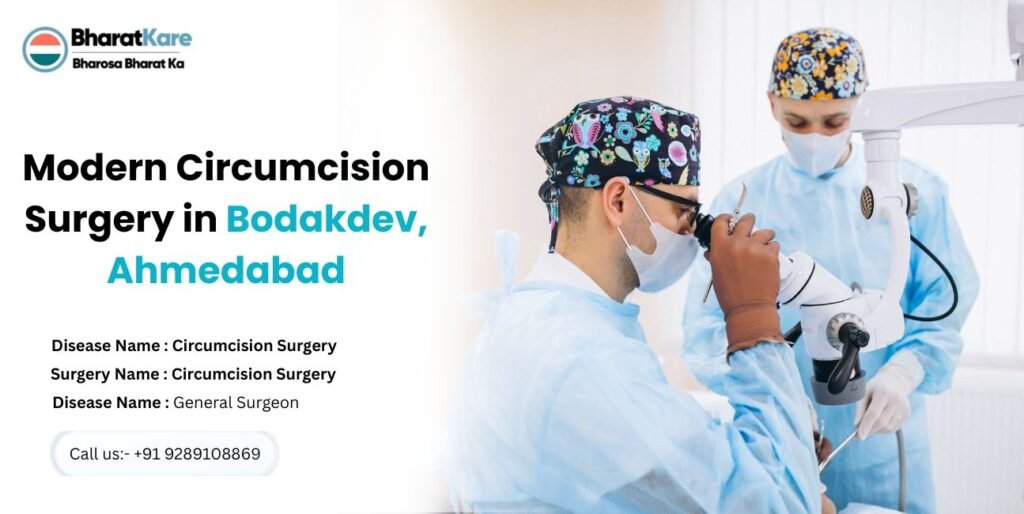
Blog Home Modern Circumcision Surgery in Bodakdev, Ahmedabad Are you or a loved one considering Circumcision Surgery in Bodakdev? For many men, the decision to undergo this procedure is driven by medical necessity, while for others, it is a matter of personal hygiene or cultural tradition. Regardless of the motivation, the landscape of surgical care […]
Best Kidney Stone Treatment in Danapur, Patna
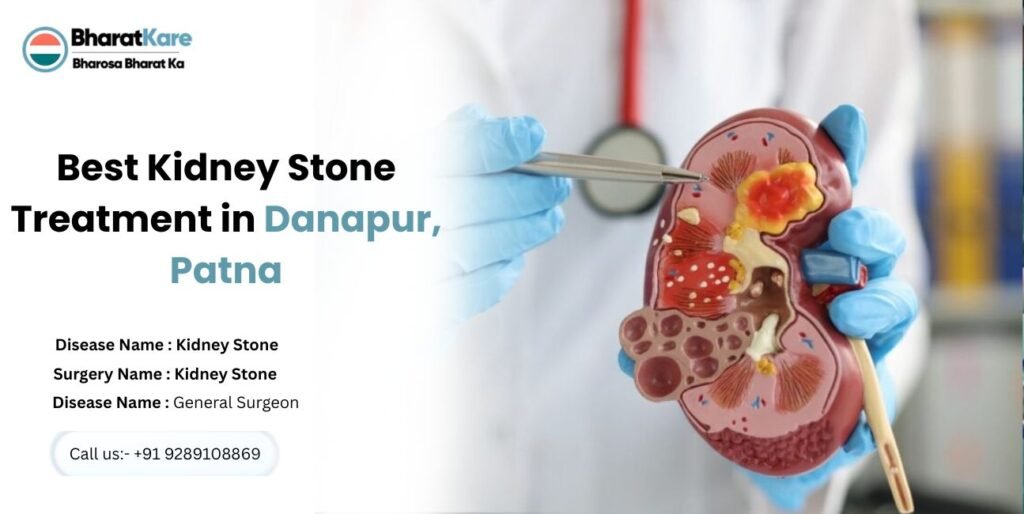
Blog Home Best Kidney Stone Treatment in Danapur, Patna Have you ever experienced the excruciating pain of kidney stones? That sharp, radiating discomfort that makes even breathing feel difficult? You’re not alone. Millions of people across India struggle with this condition, and finding the right medical care can make all the difference between prolonged suffering […]
Best Laser Circumcision Surgery in Khusrupur, Patna
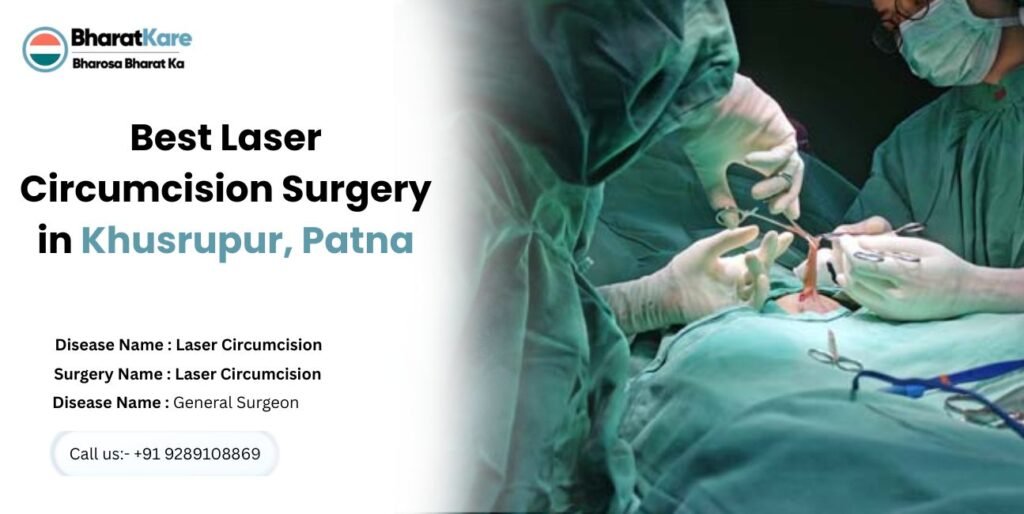
Blog Home Best Laser Circumcision Surgery in Khusrupur, Patna Are you considering a circumcision procedure but worried about pain, lengthy recovery, or surgical complications? You’re not alone. Thousands of men across Patna seek safer, faster alternatives to traditional circumcision methods every year. The good news? Laser Circumcision Surgery in Khusrupur has revolutionized how this common […]
Best Fistula Surgery Specialist Near Bapunagar, Ahmedabad

Blog Home Best Fistula Surgery Specialist Near Bapunagar, Ahmedabad Living with an anal fistula can be one of the most uncomfortable and embarrassing medical conditions anyone faces. The constant pain, discharge, and worry about hygiene make every day challenging. If you’re searching for a Fistula Surgery Specialist Near Bapunagar, you’re taking the right step toward […]
The Trusted Choice for Piles Treatment in Prahlad Nagar, Ahmedabad
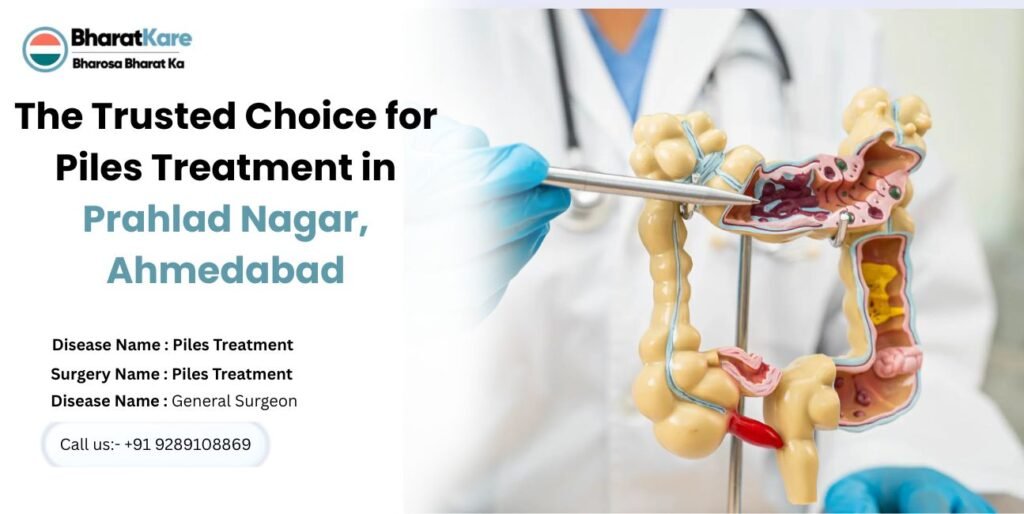
Blog Home The Trusted Choice for Piles Treatment in Prahlad Nagar, Ahmedabad Dealing with the discomfort and silent pain of hemorrhoids can turn your daily routine into a struggle. Whether you are a software engineer at a tech park or a manager in a bustling corporate office, the physical toll of sitting for long hours […]
Diagnosis of Anal Fissure in Manjalpur, Vadodara: Medical Evaluation and Tests
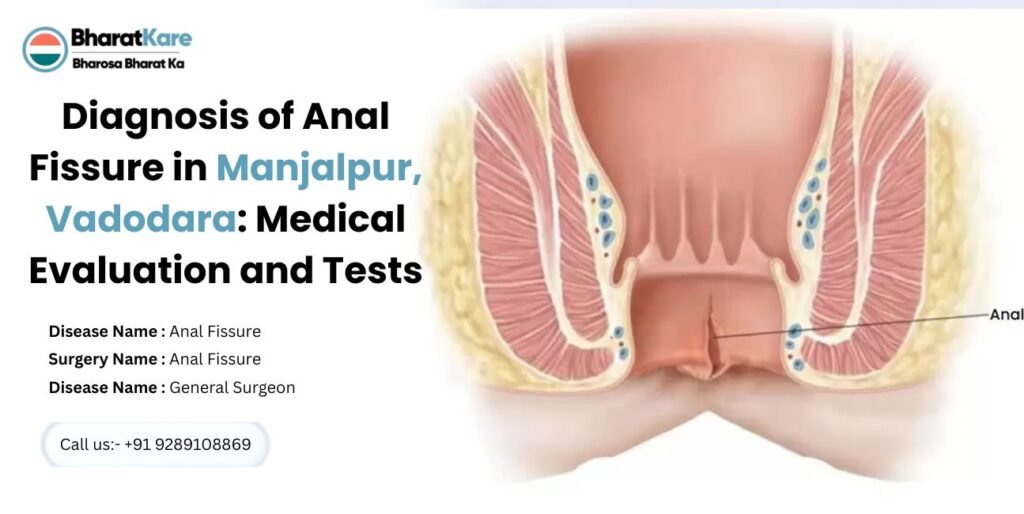
Blog Home Diagnosis of Anal Fissure in Manjalpur, Vadodara: Medical Evaluation and Tests Finding the right medical care for a painful condition can be overwhelming. If you are experiencing sharp, stinging pain during or after bowel movements, you might be dealing with an anal fissure. This condition, essentially a small tear in the lining of […]
Best Options for Anal Fistula Treatment in Khagaul, Patna
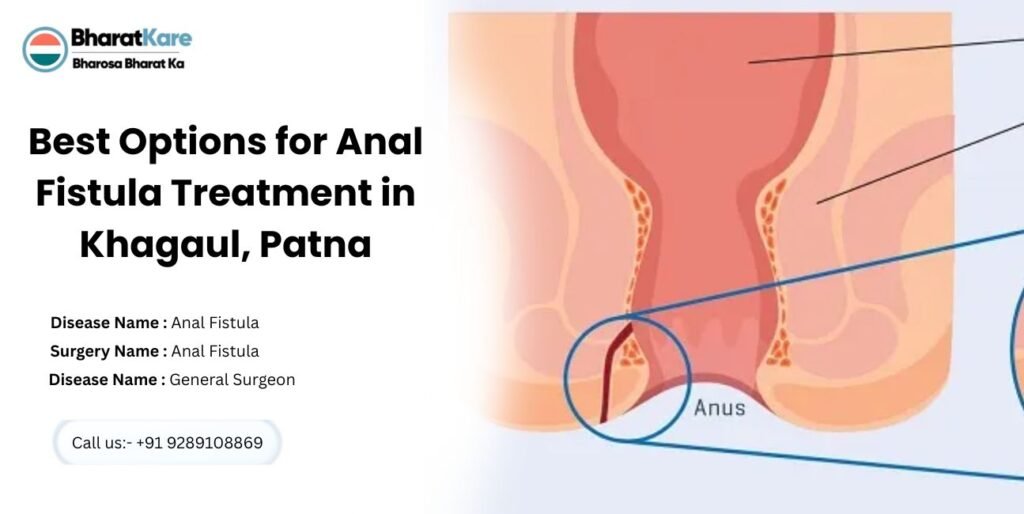
Blog Home Best Options for Anal Fistula Treatment in Khagaul, Patna Living with an anal fistula is frankly exhausting. It’s more than just a medical diagnosis; it’s a constant cycle of pain, discomfort, and the anxiety of “when will it flare up again?” If you are currently dealing with persistent discharge or swelling, you aren’t […]
Kidney Stone Treatment in Huzur, Bhopal – What to Look For
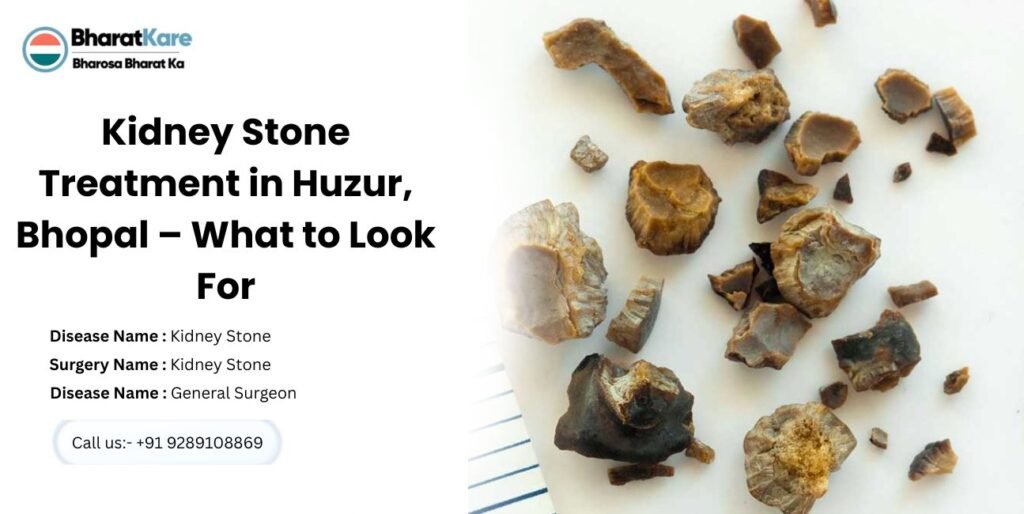
Blog Home Kidney Stone Treatment in Huzur, Bhopal – What to Look For Have you ever experienced that sudden, excruciating pain in your lower back that makes you question everything? If you’re nodding your head, you might be dealing with kidney stones – those tiny mineral deposits that cause massive discomfort. Finding the right Kidney […]
Proper Gallstone Treatment in Alkapuri, Vadodara: Your Complete Guide to Recovery
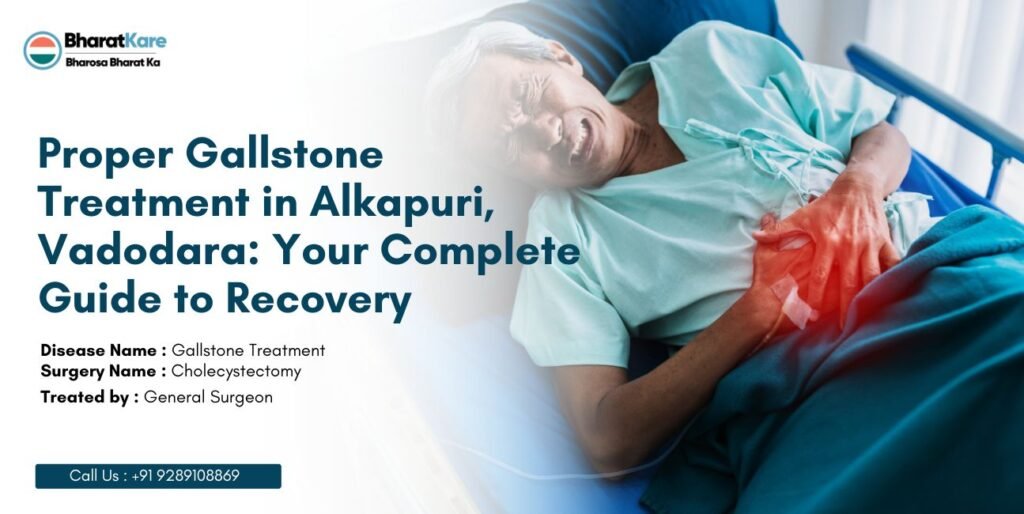
Blog Home Proper Gallstone Treatment in Alkapuri, Vadodara: Your Complete Guide to Recovery You know that feeling when pain hits you out of nowhere? That’s what gallstones do to people—sudden, sharp, and absolutely unbearable. I’ve seen patients doubled over in pain, desperately searching for answers. If this sounds like you, getting the right Gallstone Treatment […]
